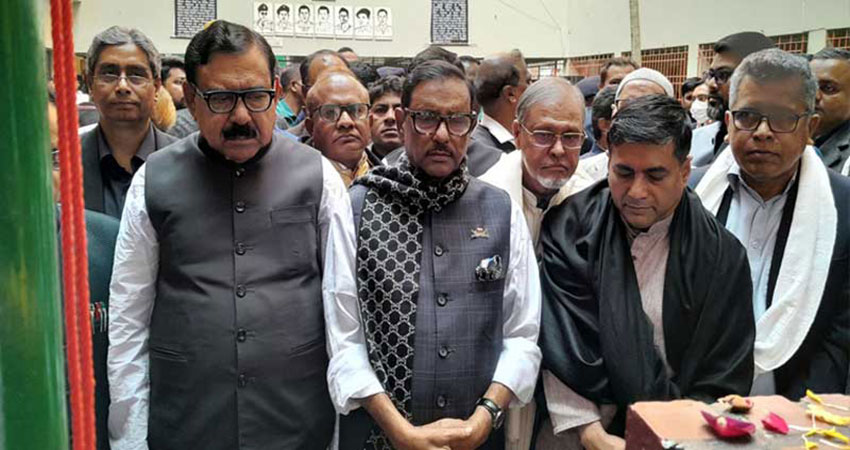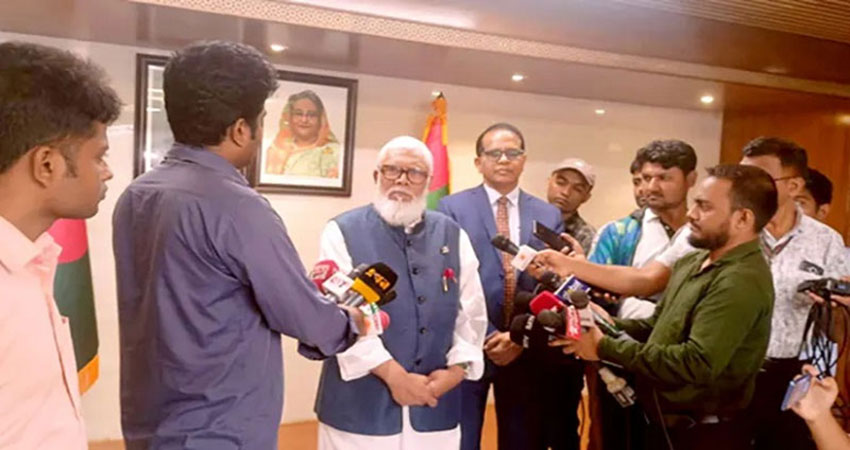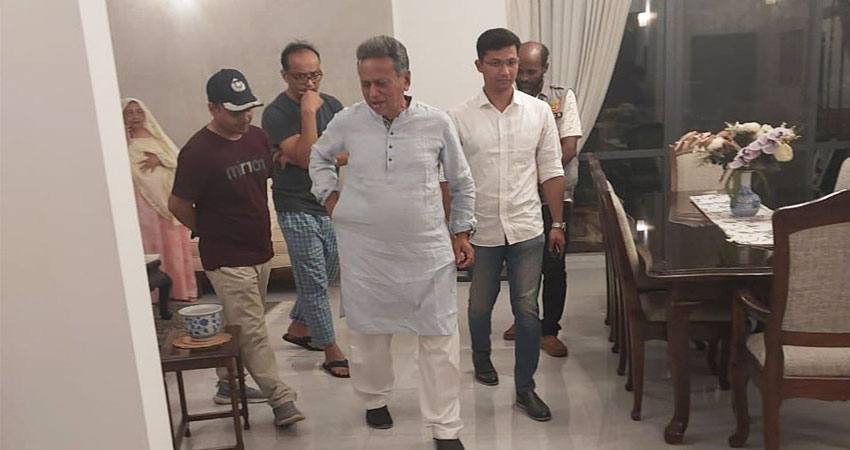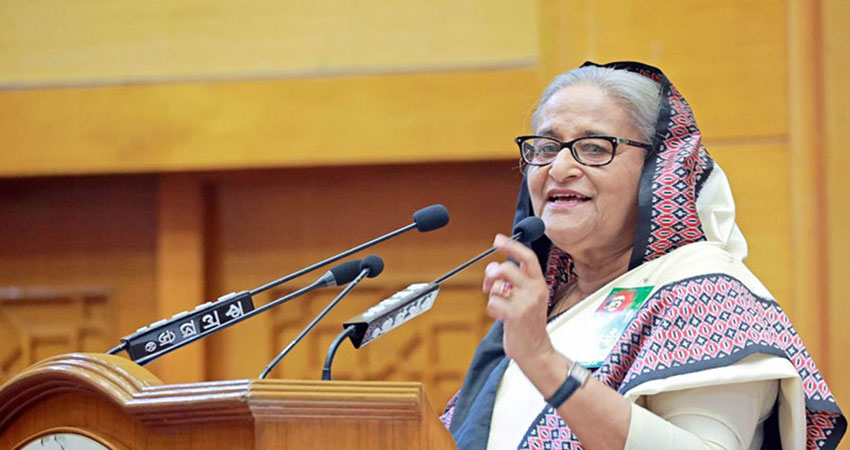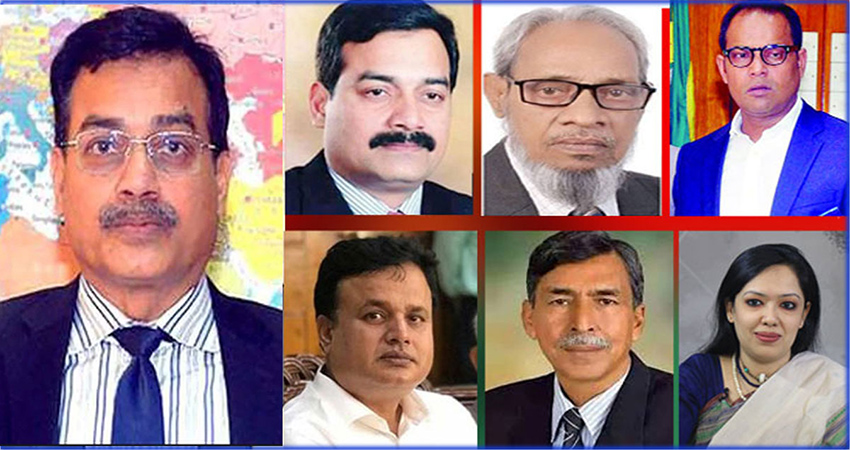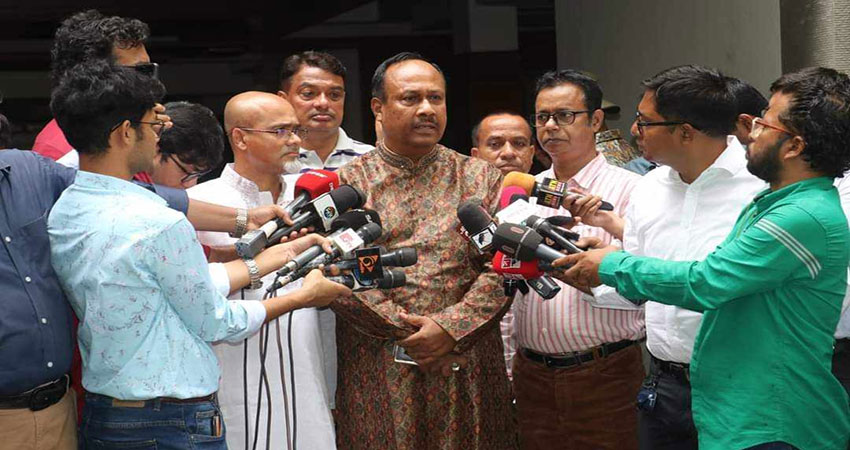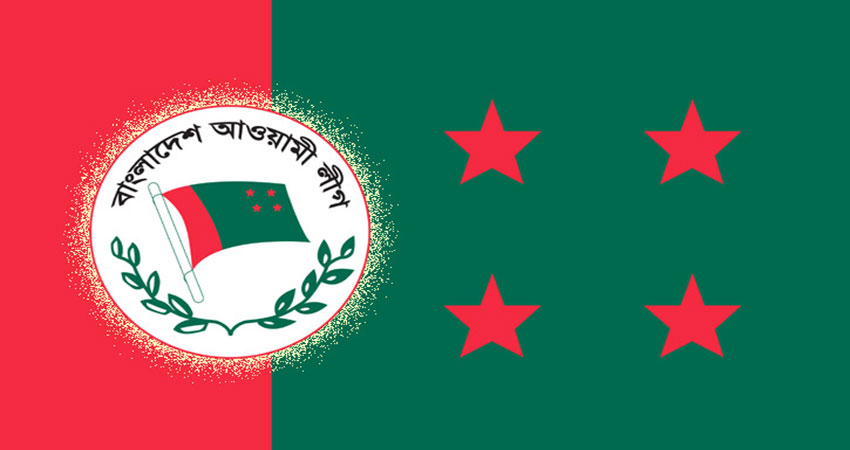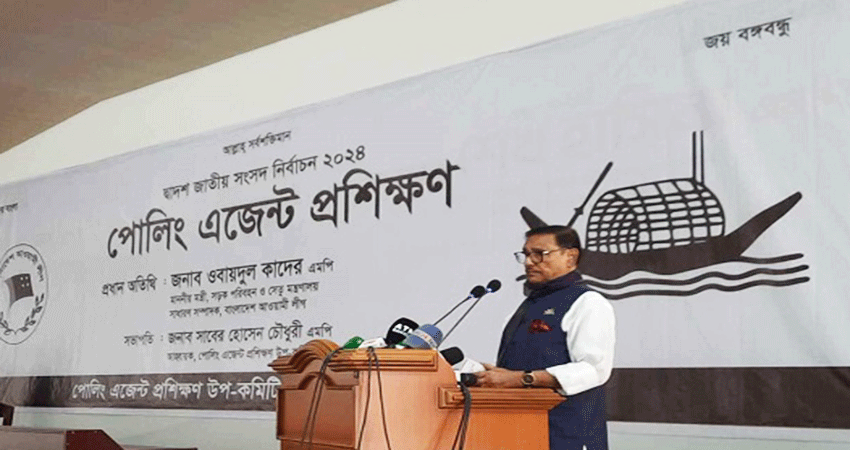Awami League General Secretary Obaidul Quader on Tuesday commented that the BNP has not been able to wage a mass movement in the country, let alone mass uprising.
He said: "There is no involvement of general people in the BNP movement. Their movement is limited to the leaders.”
The Awami League senior leader came up with the remarks after placing floral wreaths at Shaheed Matiur Rahman Smiriti Saudha at Nabakumar Institute and Dr Shahidullah College premises in Bakshibazar in the morning.
Obaidul Quader, also road transport and bridges minister, mentioned that the mass uprising of 1969s was the final milestone on the road to independence.
At the time, criticizing the BNP, he said that the BNP had failed to create a wave of mass movement.
''Even though BNP does not observe and respect any day of independence movement-struggle including March 7, June 7, April 14, January 10, and January 24,” commented the Awami League leader.
He said that Bangabandhu Sheikh Mujibur Rahman had the only legitimate right to declare independence alone, others were mere readers.
Earlier, the ruling Awami League placed wreaths at Shaheed Matiur Rahman Smiriti Saudha at Nabakumar Institute in Bakshibazar.
Awami League Presidium Member and Parliament Deputy Leader Matia Chowdhury, Shajahan Khan, Dr Mostafa Jalal Mohiuddin, Kamrul Islam, Organizing Secretary Afzal Hossain, Sujit Roy Nandi, Culture Secretary Ashim Kumar Ukil, Office Secretary Biplab Barua and Dhaka Metropolitan South Awami League President Abu Ahmed Mannafi among other were also present.
The historic Mass Upsurge Day, commemorating the 1969's movement for autonomy from the then East Pakistan that eventually led to the Liberation War and the emergence of Bangladesh in 1971, is being observed in a befitting manner across the country.
On January 24, 1969 Matiur Rahman Mallik, a standard IX student of the Nabakumar Institution, and Rustam Ali, a rickshaw-puller, were killed in a police firing on demonstrators in Dhaka as Pakistani rulers desperately tried to suppress the popular uprising.
The killings spread intense protests across the country that eventually saw the fall of the autocrat Ayub regime.
It is said that the day teaches Bangladeshis the values of democracy and protest against oppression.
Different political and socio-cultural organizations have taken separate programs in observance of the day.
BNP can not wage proper movement, let alone mass uprising: Quader
